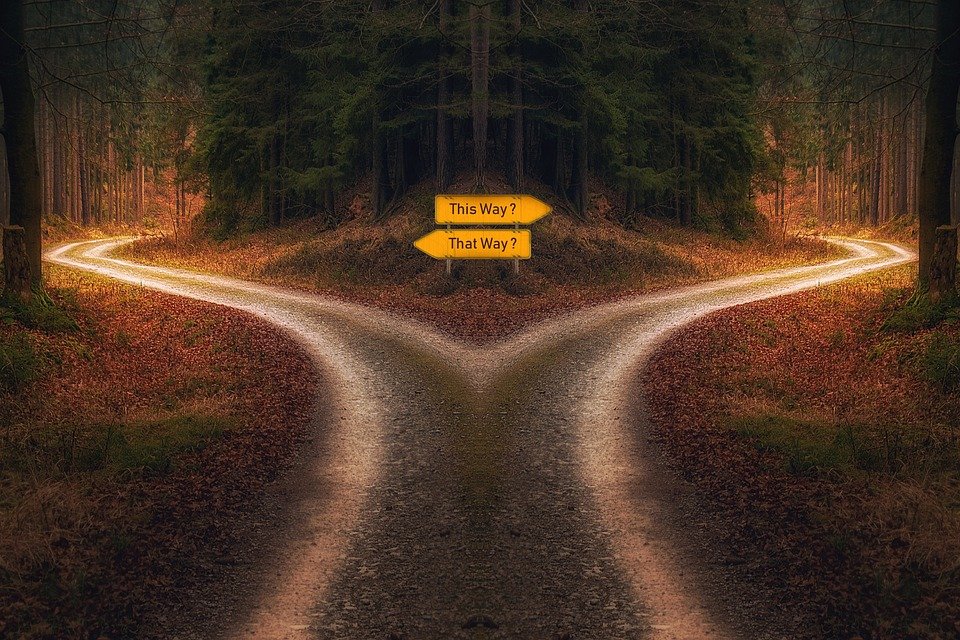Harnessing the Power of Wonder: The Psychology of Magic
Introduction
For centuries, magic has captivated and intrigued people of all ages across cultures. The ability of magicians to create illusions and defy our understanding of reality has always been a source of wonder and fascination. But have you ever wondered why magic has such a powerful impact on our minds? In this article, we will delve into the psychology behind magic and explore how magicians harness the power of wonder to captivate their audiences.
The Psychology of Wonder
Wonder is an emotional state that arises from encountering something that defies our expectations and challenges our understanding of the world. It is a combination of surprise, curiosity, and awe that triggers a sense of amazement. When we experience wonder, our attention becomes fully engaged, and our minds are open to new possibilities.
Magicians are experts at creating wonder by manipulating our perceptions and exploiting the limitations of our cognitive processes. They use a variety of psychological techniques to deceive our senses and create the illusion of magic. Let’s explore some of these techniques:
Misdirection
Misdirection is a fundamental concept in magic. It involves diverting the attention of the audience away from the secret maneuvers and actions that enable the magician to perform their tricks. By directing our attention to a specific point or object, magicians can create a blind spot in our awareness, allowing them to execute their sleight of hand without detection.
Sleight of Hand
Sleight of hand refers to the dexterity and skill with which magicians manipulate objects, such as cards or coins, to create the illusion of magic. Through years of practice, magicians develop the ability to perform intricate maneuvers that are imperceptible to the untrained eye. They exploit our limited attention and visual processing capabilities to perform seemingly impossible feats right in front of us.
Illusions and Psychology
Magicians often employ visual illusions to trick our minds into perceiving something that is not actually there. They take advantage of our brain’s tendency to fill in missing information and make assumptions based on incomplete data. By manipulating our perception of reality, magicians can make objects disappear, levitate, or change form right before our eyes.
The Power of Wonder
Wonder has a profound impact on our emotions and cognition. When we experience wonder, our brains release dopamine, a neurotransmitter associated with pleasure and reward. This flood of dopamine enhances our memory formation, making magical experiences more memorable and impactful.
Moreover, wonder sparks curiosity and motivates us to seek explanations for the seemingly unexplainable. It stimulates our imagination and encourages creative thinking. By harnessing the power of wonder, magicians not only entertain us but also inspire us to question the boundaries of our understanding.
FAQs (Frequently Asked Questions)
Q: Can anyone become a magician?
A: While anyone can learn basic magic tricks, becoming a skilled magician requires dedicated practice, dexterity, and an understanding of the psychology behind magic. It takes years of honing your skills to master the art of deception and captivate audiences.
Q: Is magic harmful?
A: Magic, as a form of entertainment, is not harmful. However, it is essential to remember that magic is an illusion, and what we see is not real. It is crucial to differentiate between magic as a performance and claims of supernatural abilities or paranormal phenomena.
Q: How does magic impact our brains?
A: Magic stimulates our brains by challenging our perceptions and defying our expectations. It triggers the release of dopamine, enhancing memory formation and making magical experiences more memorable. It also sparks curiosity and encourages creative thinking.
Q: Can magic be used for therapeutic purposes?
A: Some psychologists and therapists use magic as a tool to enhance cognitive and motor skills, as well as to promote social interaction and confidence-building. Magic can be particularly beneficial for individuals with certain neurological conditions or those undergoing rehabilitation.
Conclusion
Magic has an undeniable allure that captivates audiences worldwide. By understanding the psychology behind magic, we can appreciate the power of wonder it evokes in our minds. Magicians skillfully manipulate our perceptions, challenge our understanding of reality, and inspire us to question the limits of our knowledge. So the next time you witness a magical performance, take a moment to appreciate the psychological intricacies at play and let yourself be carried away by the wonder of it all.

